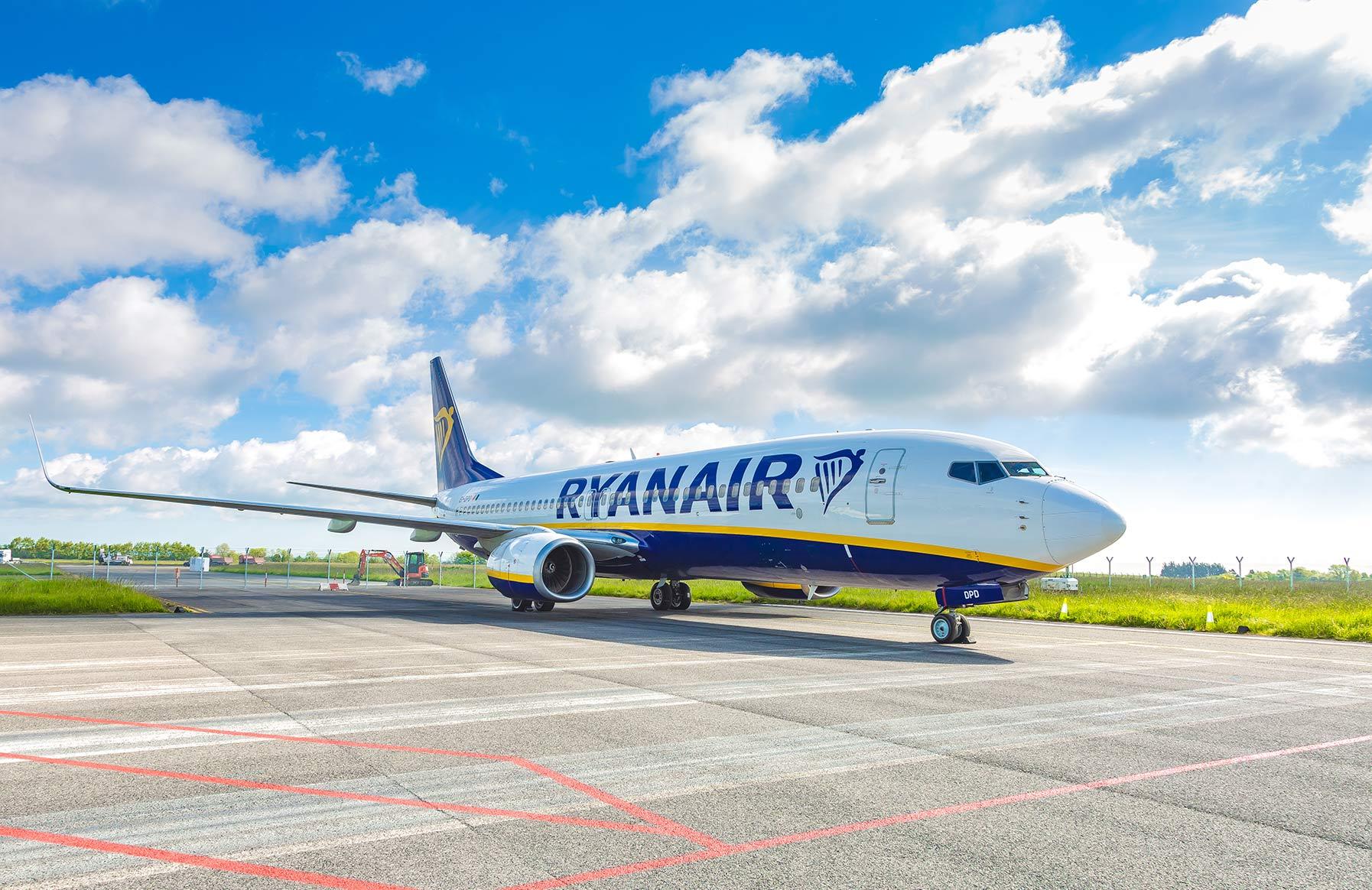Ryanair Narrows Losses, Warns COVID Disruption May Not Be Over

Credit: Ryanair
The surge in omicron coronavirus variant cases damaged Ryanair Holdings’ yields in December and January, but the Ireland-based airline group managed to reduce its fiscal 2022 third-quarter (Q3) net loss to €96 million ($107 million) from €321 million a year earlier. The company warned that the...
Subscription Required
This content requires a subscription to one of the Aviation Week Intelligence Network (AWIN) bundles.
Schedule a demo today to find out how you can access this content and similar content related to your area of the global aviation industry.
Already an AWIN subscriber? Login
Did you know? Aviation Week has won top honors multiple times in the Jesse H. Neal National Business Journalism Awards, the business-to-business media equivalent of the Pulitzer Prizes.





